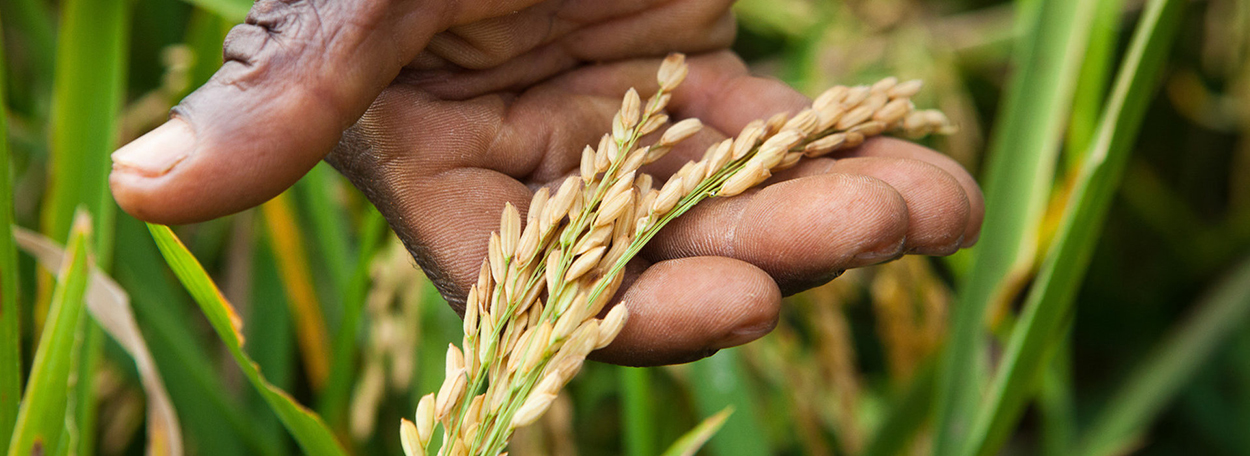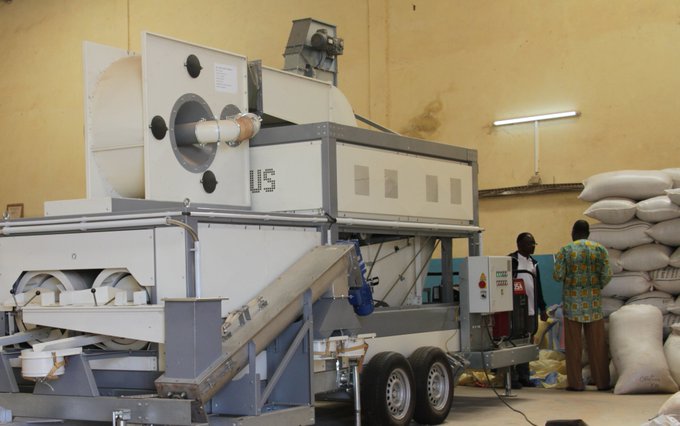#West Africa and #China cultivate ties for hybrid seeds and #agricultural mechanization. bit.ly/2zBLo0O @WAAPP_PPAAO@USAIDAfrica
Submitted by admin2 on

The World-Bank-funded West Africa Agriculture Productivity Program (WAAPP) has made considerable progress since its creation in 2008.
But the extent to which its food system-improvement technologies and crop varieties have been scaled-up in West and Central Africa is still far from commensurate to the agriculture transformation ambition of both regions.
A recent working visit to some Chinese Provinces and businesses enabled the WAAPP delegation to familiarize themselves with relatively advanced technologies. Some of which meet the needs of producers in West Africa.
Made up of regional and country coordinators of the WAAPP, players from the private sector, civil society, and farmer groups, the delegation explored partnership opportunities with Chinese private sector operators.
Overall, the goal of the trip was to enter formal agreements for the production and marketing of hybrid seeds and the mechanization of agriculture.
In total, the WAAPP delegation met eight businesses involved in the production of agriculture equipment, fertilizers, hybrid seeds, and phytosanitary products. All these companies expressed the desire to reach a formal partnership with countries involved in the implementation of WAAPP as soon as this is possible.
In Hebei Province, the WAAPP delegation met officials of the Agriculture and Forestry Academy. They stated their willingness to facilitate the implementation of partnerships between Chinese institutions and businesses and those in WAAPP countries.
The Nonghaha Agricultural Machinery Manufacturing, a private company, indicated its readiness to set up a demonstration center for its agricultural machinery in West Africa.
It emerged from the visit that, Africa largest sub-regional research organization, the West, and Central Africa Council for Agriculture (CORAF) Research and Development will coordinate efforts towards establishing the official partnership. CORAF has been mandated








